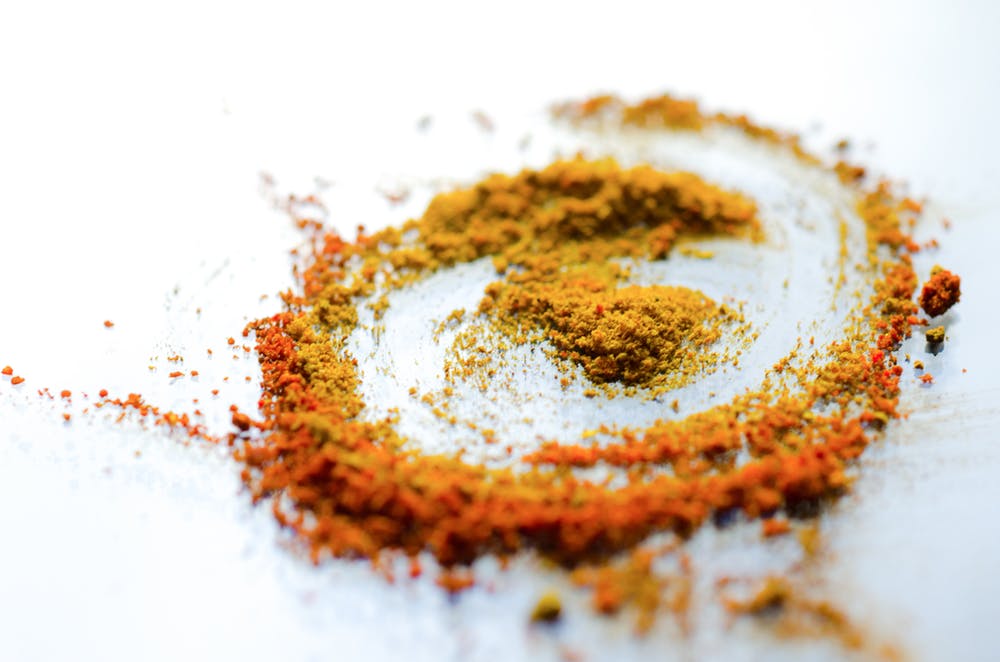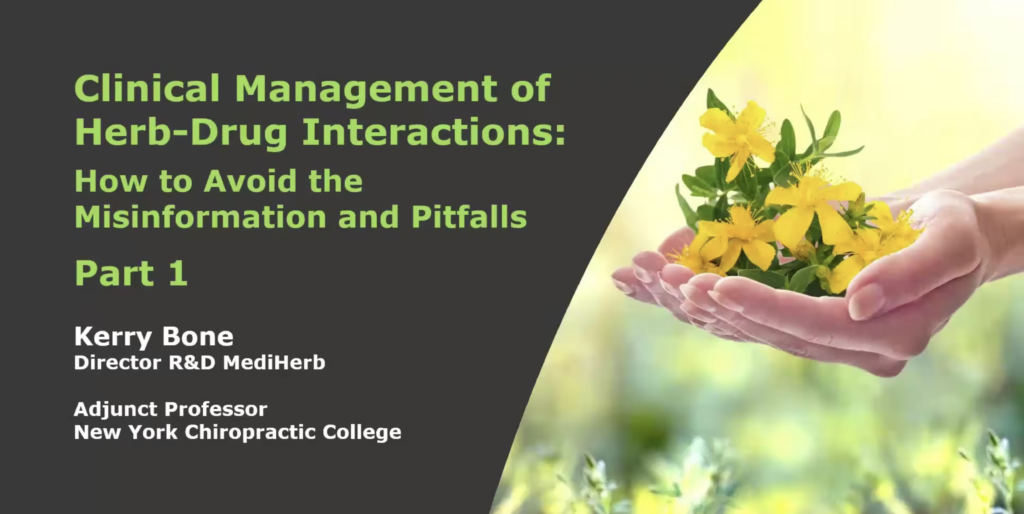
In the days of “Doctor Google” misinformation abounds-and the herbal industry is no different. The use of herbal medicinal products has increased tremendously over the past three decades with not less than 80% of people worldwide relying on them for some part of primary healthcare.
Although herbal therapy shows promising potential, many plant products remain untested and either poorly monitored or not monitored at all. The consequence is potential adverse reactions, contraindications, and interactions with pharmaceuticals.
A good example is Turmeric. Black pepper and liposomal versions have had their limitations including the inability to deal with neurological inflammation and only being slightly more bioavailable. Much more critical is this- Black Pepper enhanced curcumin suppresses Cytochrome P450 Enzymes in the liver. If someone is on drugs and you’re giving them a significant dose or piperine, you’re uplifting their drug levels as well! This results in an herb/drug interaction that you’ll want to avoid.

Kerry Bone, founder of MediHerb distinguishes himself by having an herbal company that is safe, using proper portions of the plant, blended it with non-reactive complementary ingredients (Fenugreek fiber instead of pepper w Turmeric) and has clinically proven potency. In this presentation, Kerry Bone will unpack the issue of Herb/Drug Interactions and how to confidently navigate them in your clinical practice. Kerry will critically examine current claims including some falsely based on inaccuracies that have been perpetuated for decades.

Clinical Management of Herb-Drug Interactions (Part 1) Presented by Professor Kerry Bone

Don’t miss out on this opportunity to enhance your understanding of this important topic. This insightful presentation will provide valuable knowledge on navigating herb-drug interactions in your clinical practice.
Feel free to reach out if you have any questions. We look forward to your participation!